The consolidation and expansion of PERALBA: 2011-2016

2011
The year started well and it turned out to be a swell year: sunny, plenty of rainfalls at the right time, perfect.
The packinghouse was finished in February in time for our first container to leave.
We purchased two sprayers, two tractors, trimmers, flatbeds, a truck, a pickup, motorcycles, etc. etc.
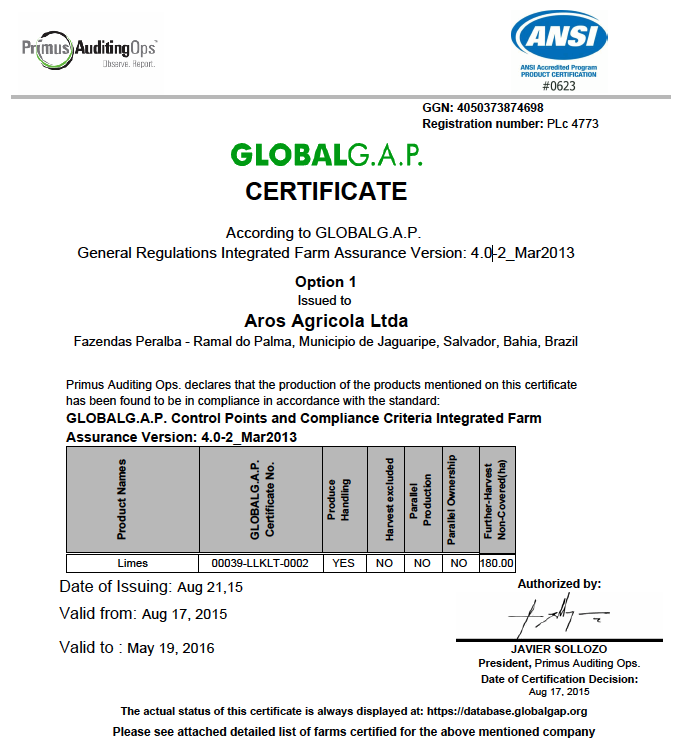
We hired a mechanic to ensure 100% availability of the means of production. A packing Manager with extensive experience in packinghouses was also recruited. Throughout the year, we had 2620mm of rain, higher than the annual average (1800 to 2200 mm), but well distributed for our trees to grow and produce. We shipped 38 containers to our client and partner: the VRT (Von Ryijn Tradind Co.).
Most importantly, we confirmed our strategy to have a small plantation and buy fruit from the more than 12000 hectares of planted limes in the nearby region of Cruz das Almas and Mangabeira. With extremely low fixed costs, we were experiencing the first year of profits and the certainty of our correct positioning.
And, to crown it all, we obtained the GlobalGAP certification!!! The effort of running a packing house with an unprepared workforce, while tending to the plantation, was immense. Consequently, it distracted us from thinking about the eco cultural project, which we had nurtured for years and always postponed for some reasons.
Ever since we had discovered the intimate beauty of the place, we always thought we would like to share it with the world by developing an Eco-resort that would guarantee ITS preservation while becoming a sanctuary for the native fauna and flora.
The business imperatives, coupled with our commitment to our Dutch partners, forced us to focus in the successful development of activities which could generate a sustainable income for AROS AGRICOLA. And so we focused on turning limes, coffee, rubber and cows into a successful venture.
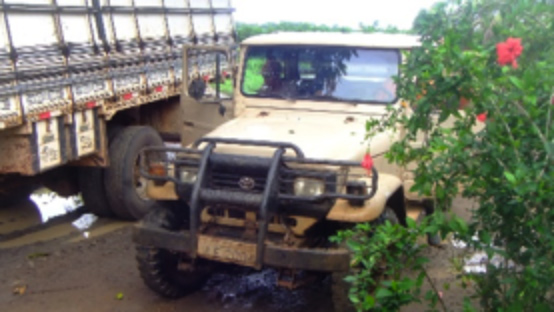
 2012 It all seemed to be going our way when a drought of 142 days hit the region. In Cruz das Almas and Mangabeira crops were decimated, in particular the limes plantations: 50% of lime orchards disappeared, either by the death of the trees or were eradicated by desperate farmers seeking to plant drought resistant crops. Confidence in the future of limes evaporated as fast.
2012 It all seemed to be going our way when a drought of 142 days hit the region. In Cruz das Almas and Mangabeira crops were decimated, in particular the limes plantations: 50% of lime orchards disappeared, either by the death of the trees or were eradicated by desperate farmers seeking to plant drought resistant crops. Confidence in the future of limes evaporated as fast.
Coupled with this crop failure, a vicious price war soon started, with local demand now far superior than the offer, the local wholesalers hiked prices to meet their commitments to local supermarkets. The net results was that the price of the fruit became so high that it became uneconomical to purchase limes for export.
For Cruz and Mangabeira it was a disaster, for us it was not so bad: our microclimate protected us. With a wet anaerobic breeze coming from the ocean every night, the morning dew protected the trees and gave them enough moisture and water to survive the drought. We lost very few trees and as soon as the rain returned, the whole culture seemed to have forgotten the whole event.
The main impact was on our business strategy. We had set up a relatively small plantation with the possibility to buy fruit from local farmers in Cruz and Mangabeira, which were mainly small smallholders who personally nurtured their orchards and did not use chemical pest controls. The failure of the lime crops in the region eliminated such an approach in one sweep.
We saw it building up slowly in the last months of 2011. By January, the writing was on the wall: had it continued, as it eventually did, there would be no excess fruit for us very soon. By March, we knew we were facing a disaster: our business model was not valid anymore.
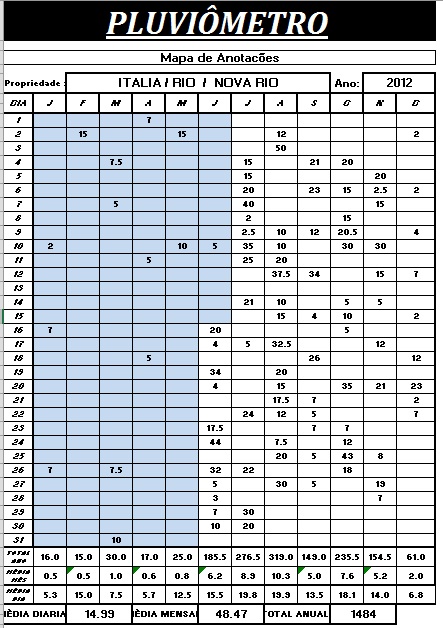
After intense discussions, analysis, modeling, and soul searching, we had to decide: either we exit the business or we stay and grow our production to reach independence from other suppliers.
We decided to stay. And to reach economic volumes we would need to be four times bigger. We had to expand the plantation, as fast as we possibly could and think at least four years ahead. 2012 was a freak year. We had to move quickly, as the rains were due in June, in two month time, there was much to do to make it happens. It was no longer time to hesitate.
By the end of winter, in July, we had planted 60 new hectares of trees.
To increase the plantation was relatively fast. Land was available easy to access. We had the tools in house. We got seedling from growers who had received many cancellation and were desperate to delivers their stocks. When the rains finally came they were very good. But the real challenge was to field a team that would be able to handle such expansion… that was a major opportunity!
We acted simultaneously on four fronts:
- Introduce professional agricultural and managerial practices (based on the GlobalGAP recommendations)
- Establish orchard nutrition processes through fertilization, use of organic chemicals and sprays, become sensitive to the needs of the trees by acting correctly on foliar and soil analysis
- Adopt strict pest and disease control
- Strengthen our EU markets to respond to the new business model
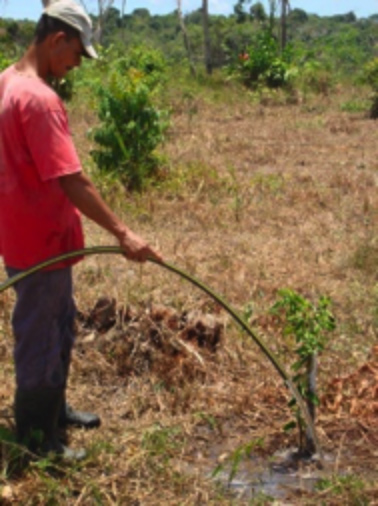
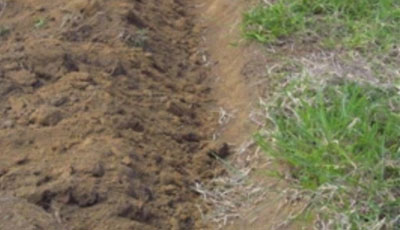
We bought and planted 60,000 lime seedlings in 35 days in an area of 75 hectares in Peralba Rio and Nova Rio. The Development Bank of the State of Bahia, Desenbahia, helped us. We were then able to replant 5,000 seedlings in Peralba Italia to fill in for lost trees. It was an exercise in believing in the future. We could only see if we had bet correctly in four years’ time, in 2016! Such are the matters in agribusiness!!
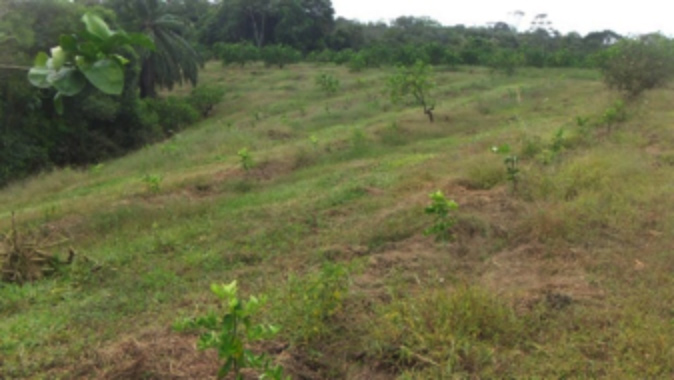
It was a year of many challenges. Luckily, lime and coffee prices skyrocketed, and that gave us a little respite by selling on the local market. Still, at the end of the year, we were able to comply with 78% of the export program with VRT.
The cow business was the part of our activities that fared worse. Grass shriveled and disappeared. Renting pastures became expensive and scarce.
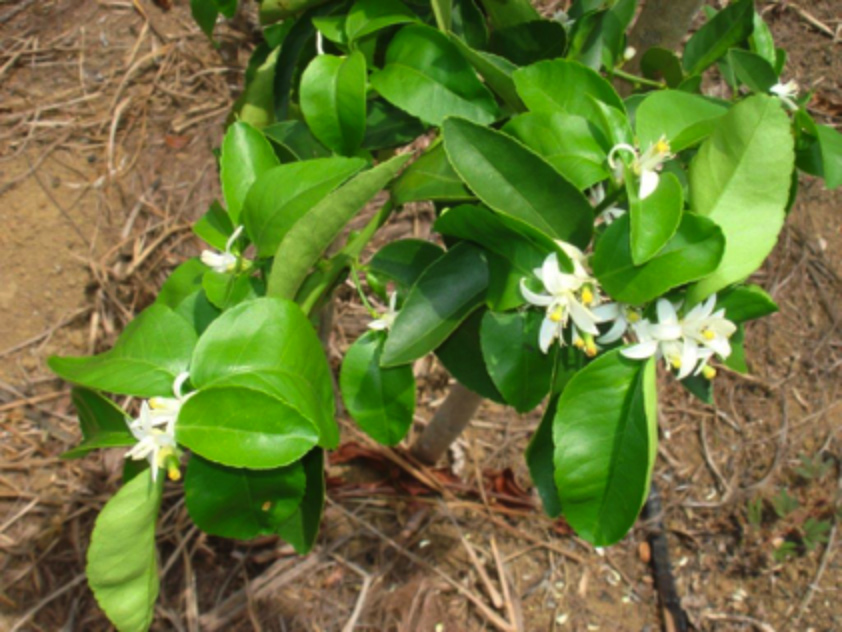
The price of the arroba meat fell 50% as everybody was forced to sell their shriveled animals. The expansion of the lime plantation took away a big size of the grazing areas. We had to rethink our permanence in the cows business. We decided to close it down, slowly, but asap.
The coffee plantation suffered a bit more than the lime, but our microclimate worked miracles on the plants: we lost about 12.8% of the trees and concentrated on the crops on the 32 hectares of the most favorable of our kind of husbandry. The Arabica strains, much more sensitive to the high temperatures, was reduced to only 5 hectares.
We decided to maintain and slowly recompose the coffee plantation. The rubber also had to be abandoned.
One culture that we planted to test for export gave beautiful results: watermelons… but we only planted five acres of it! Goes to show!
It was a hard year, but we came out more experienced and wiser than ever. And now… we had a new strategy.
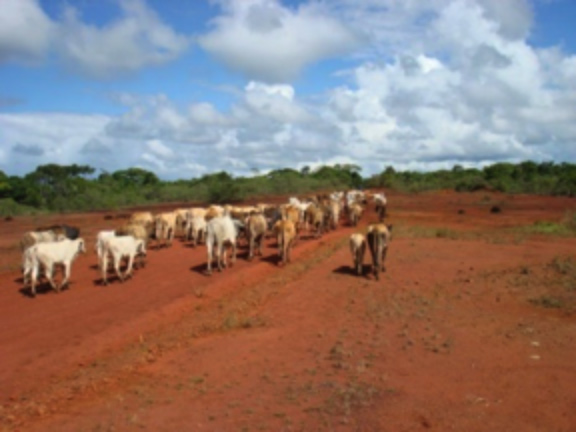
2013 e 2014
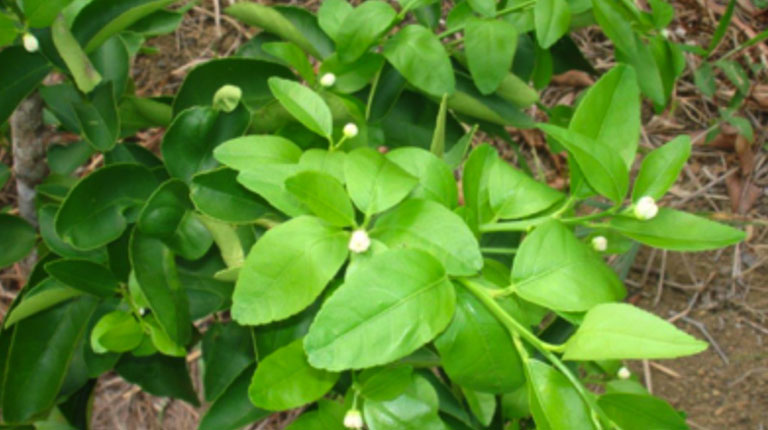
Plantings of Peralba Rio and the Nova Rio grew beautifully. In 2013 we began a structured replanting program to restore all losses in all parts of the orchard. In all we planted 12,000 new trees between Peralba Italia, Peralba Rio and Nova Rio.
The news of Cruz das Almas did not improve much. They had another disastrous year. But by the end of 2014, the validity of our new strategy was amply confirmed. Rains had returned to around 1800 mm and for us all seemed to fit nicely again: we had been lucky to have planted at such a favorable moment and having such a favorable microclimate. Then we moved again in our strategy of becoming an independent producer: we planted 35000 lime seedlings at a super-dense fashion in Peralba Sucupira: 7m X 2m, and even 7m X 1.5m, instead of the standard 7m X 4m. Our investments in orchard management and husbandry processes were also starting to give results: our team started to become more efficient and our productivity increased two fold.
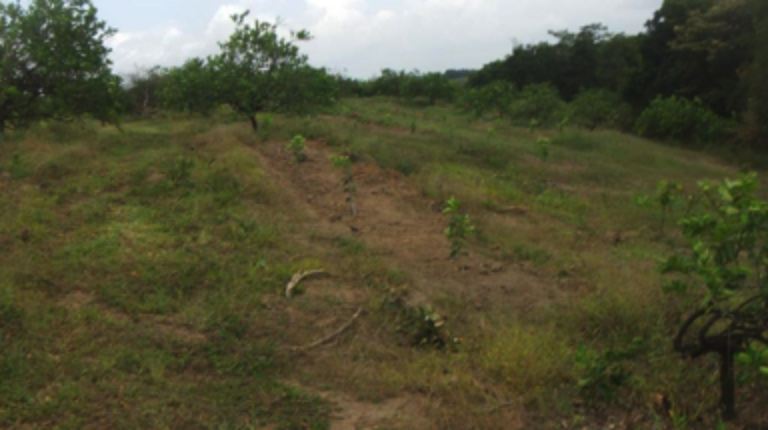
When we reached the 154 hectares planted in the three areas (Italia, Rio and Nova Rio and now Sucupira), we decided to stop. In our understanding, we had reached a plateau whereas the cost would stay almost flat while production would quintuplicate within two to four years. This perception was stemmed when we normalized our plantation to the standard plantation in Brazil based upon a 7m X 4m density. When taking into account all different densities we used through the years, we reached an equivalent standard area of 194 hectares. We were well above what we estimated to be our ideal economic size for this crop.
In fact, we were some 30 hectares equivalent above our objectives of a self-sustaining plantation. Now all we had to do was to care for the plantation. We certainly did care!!
Dulcis-in-fundo, our coffee too reacted positively: we sold 880 sacks that year.
2015
The Peralba Rio and Nova Rio demonstrated the new vitality of the plantation when it started producing in the third year, a little, but for us it was a very positive sign. To top it all, we exported 44 containers, all with our fruit. The business model we designed in 2012 was working!
We are on our way! The 35634 seedlings in the Peralba Sucupira, planted in super dense conditions, meant double the productivity per hectare than standard plantations of this kind: we estimated now, on the effort of the experience in Peralba Rio and Nova Rio, that we can expect 50 to 70 tons of fruit per hectare (vs. the standard of 25 to 35). That will make a major difference from 2017 onward!
And finally, in September we began the procedures to open the AROS AGRICOLA TRADING CO. manned by our Dutch representative: now we were present in all the links of the value chain.
The future is ours!
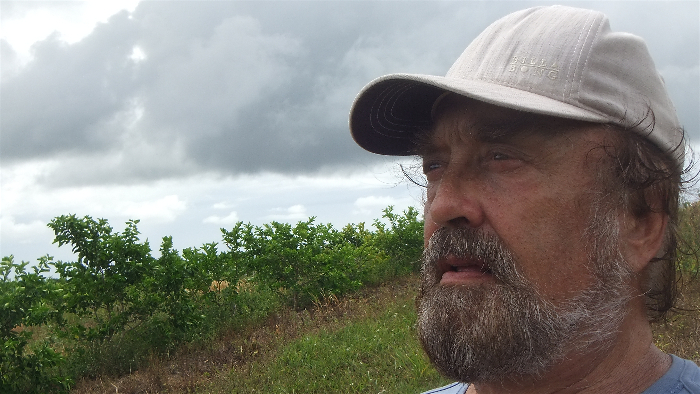
And 2015 was a very good year to indicate the new trend!
Our team finally incorporated the agricultural practices of the MEP (Ecological Pest Management).
The disease and pests control processes have become part of our culture. Spraying is today an exercise of focused fight against pests with little lateral damage. The final outcome was easily visible on the quality of the fruit harvested this year: we had an average utilization of fruit for export of 82%!!!! And the standard deviation was very narrow, since many containers left with 90% + of utilization!!
Overall productivity has risen markedly: we are working with 1.2 EFTP (equivalent full time person) per hectare (3 is the norm). 98% of our equipment is in service at any time. Costs per container produced fell by 42% over the previous years. The team is now well honed and motivated… we gave ourselves one more year, 2016, to refine our management practices, in preparation of the next period to come.
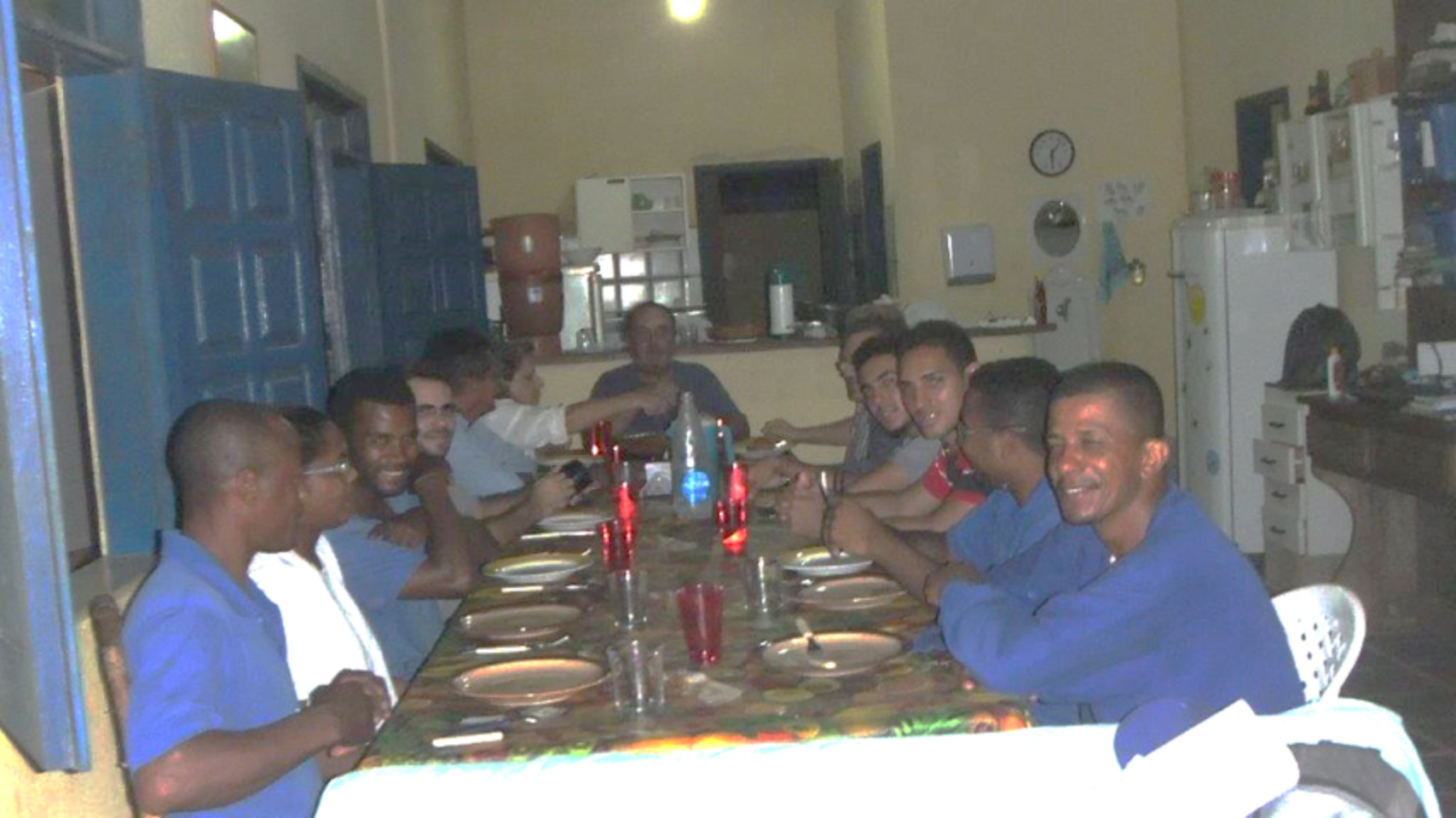
But that’s not all! This year we pruned the 96,000 coffee trees. There will be a fall in production for 2016, but come 2017 and we shall be at the same level as in 2011 or even better, possibly much better indeed;

In 2016 we expect to reap the fruits of this operational maturity, for this period of consolidation are the foundation for our designed golden age of Peralba: 2017 to 2021!
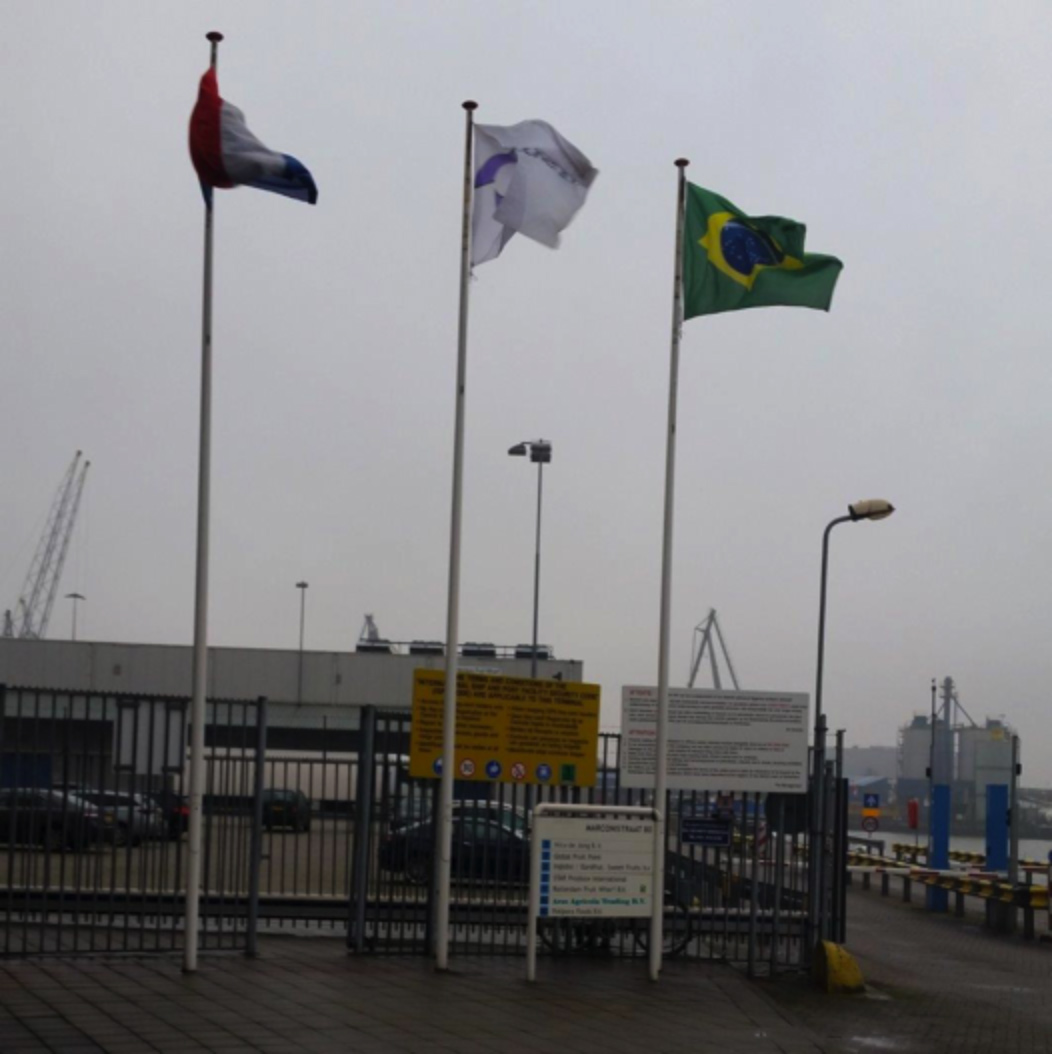
we forecasted a conservative production of no less 1660 sacks, or average of 56 bags per hectare.
Overall, the accumulated knowledge and expertise that our team accrued during all these years has made us a ready, strong and integrated group lead by a strong and experienced general manager.
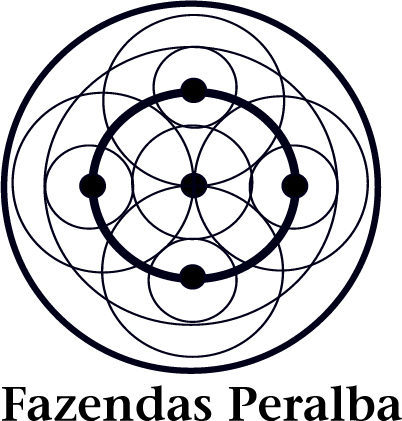
.jpg)
.jpg)
.jpg)
.jpg)
.jpg)
.jpg)
.jpg)
.jpg)
.jpg)
.jpg)
.jpg)
.jpg)
.jpg)
.jpg)
.jpg)
.jpg)
.jpg)
.jpg)
.jpg)
.jpg)